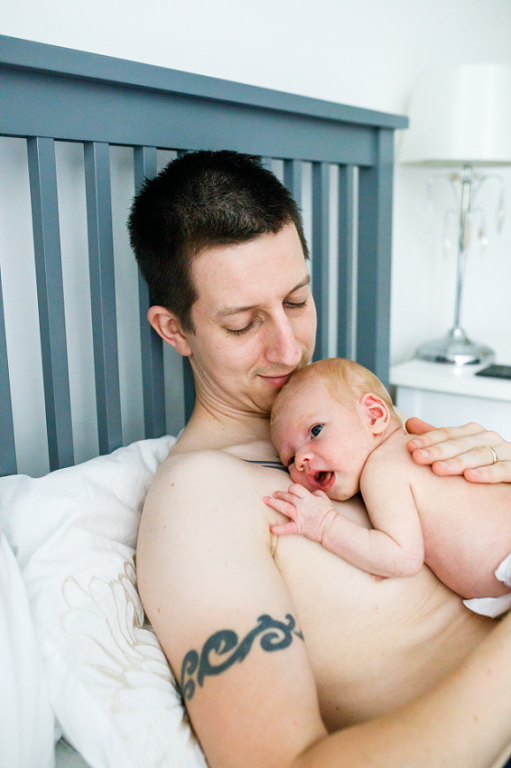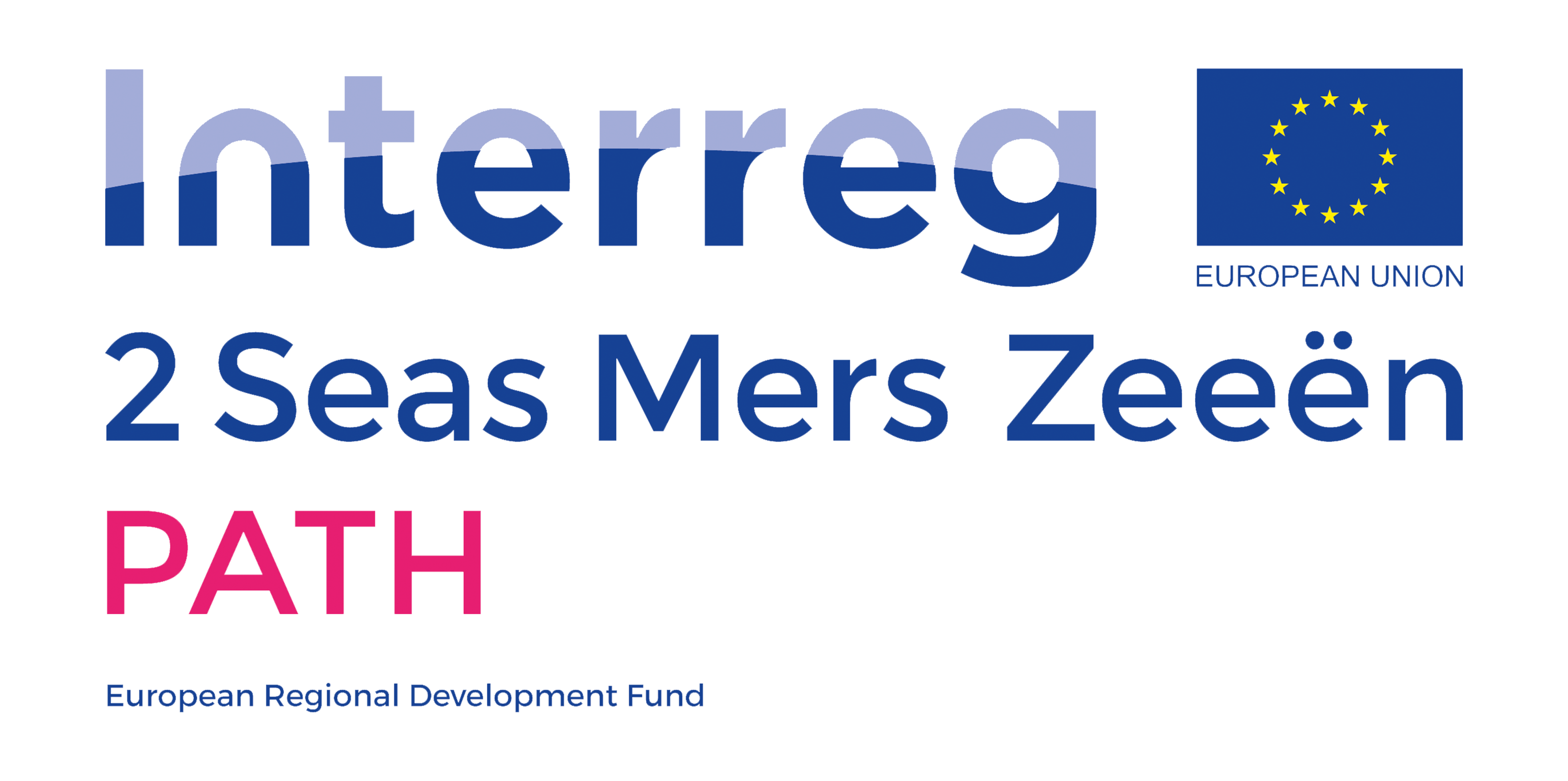When your baby is born they are not sure where they begin and end.
They have spent nine months being aquatic in your womb and listening to the sounds of your heart beat, body sounds and processes.
Your baby has been part of you and suddenly they are thrust into a world that is full of light, noise, tastes and smells. It feels and sounds very different to the warm protected environment of the womb.
As your baby grows and develops they start to learn that they are separate beings to you.
They start to discover their own body – their arms, hands, legs and feet, even if they don’t have much control over these to begin with.
The startle reflex
Babies are easily startled by loud noises, changes in temperatures, sudden changes in body position or bright lights or strong smells. Their startle (Moro) reflex is activated when there is a loud noise or sudden change in their body position with their head dropping lower than their body. This reflex disappears when they are about two months old.
Top tip:
When lying or lowering a drowsy or sleepy baby into their cot, pram or Moses basket put their body down first before gently lowering their head. This will avoid eliciting the startle reflex which will wake them up.
Their arms are thrown out to the sides, they close their eyes and they may cry as well during the startle (Moro) reflex.
Your baby’s brain
Your baby’s brain makes millions of connections every second. From bump to age two is a key time for brain development. Their relationship with you is the most important thing in helping to shape and wire their brain and set them on the right course for their future health and development. Your baby’s early experiences really matter!
Supporting your baby’s emotional development is just as important as looking after their physical needs. From the moment they’re born your baby can communicate with you through their behaviour. This might be obvious like a cry, or a tiny expression like a flicker of their eyelid. All your baby’s movements, expressions and responses are the unspoken words of their first language.
Babies can’t think like older children, but they do experience strong feelings and bodily sensations.

Kieran Anders, Operations Manager at Dad Matters shares his top tips to help you understand what your baby’s behaviour means and how you can look after yourself and those around you.
Getting to know your baby’s sleep and wake states will really help you to work out what your baby needs. The following videos explain the six different states :
Feeling overwhelmed
New babies can quickly become overwhelmed by all the activity and noise going on around them, so it is good to recognise this before they get overtired and upset.
It’s useful to ask yourself ‘Are my interactions too much, too little, or just right for my baby at this time?’. Further suggestions and tips on how to make sense of your baby can be found in the Institute of Health Visiting website section ‘Getting to know your baby’.
Subtle early warning signs your baby may be getting overwhelmed:

Keep a comfortable distance
when chatting to your baby
Babies have short attention spans and can find face-to-face contact quite tiring – they need frequent breaks so observe the signs and when they look away, pause and give them time and space. When they are ready, they will make eye contact again for more chat.
Babies don’t like us getting too close to their face and may turn away, when talking to your baby stay at a comfortable distance about 22cms (9 inches) is perfect. This is about the distance you would naturally hold them if breast or bottle feeding them.
Everyday moments matter
Life with a newborn can be busy but using the everyday moments to interact with your baby really helps them to grow and develop.
Singing a nursery rhyme when you are changing their nappy, gently massaging them after a bath or playing ‘peek-a-boo’ when you are getting them dressed can all be special times to connect.
Copying your baby’s expression – smiling, sad, grumpy, excited – helps them to learn about their feelings. Thinking about how your baby might be feeling and gently mirroring this back to them using your face and voice are important building blocks for your baby’s social and language development.
When you cuddle and rock your baby if they are upset, or smile with delight when they are excited, you are creating those positive experiences that will shape their futures. Each day provides new opportunities!
If things feel tough
If you are experiencing a perinatal mental illness you may find it more difficult to respond to your baby. You may not feel that you are bonding with your baby, or your might worry about if you’re doing a good enough job as a parent. Perhaps you have had a really difficult time feeding your baby, or your baby has had health problems or doesn’t sleep well.
It can be really hard to tell people how you feel but there’s lots of support out there that could make a difference.
Talk to your GP, midwife or health visitor about how you feel and any concerns you have about your baby’s behaviour.
More resources
For more ideas on playing and communicating with your baby or toddler at home, take a look at these resources:
